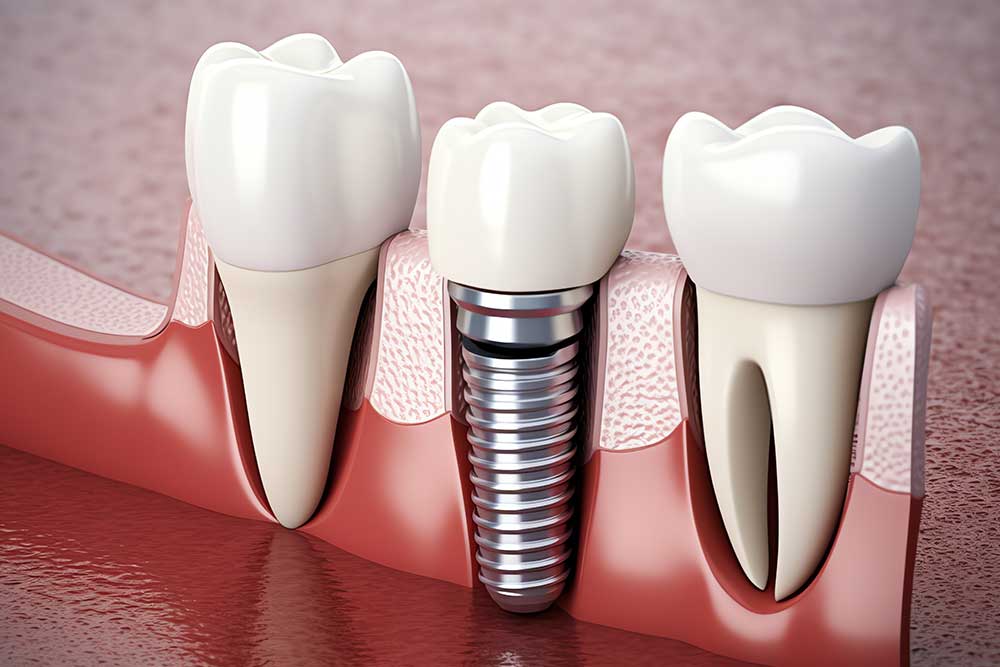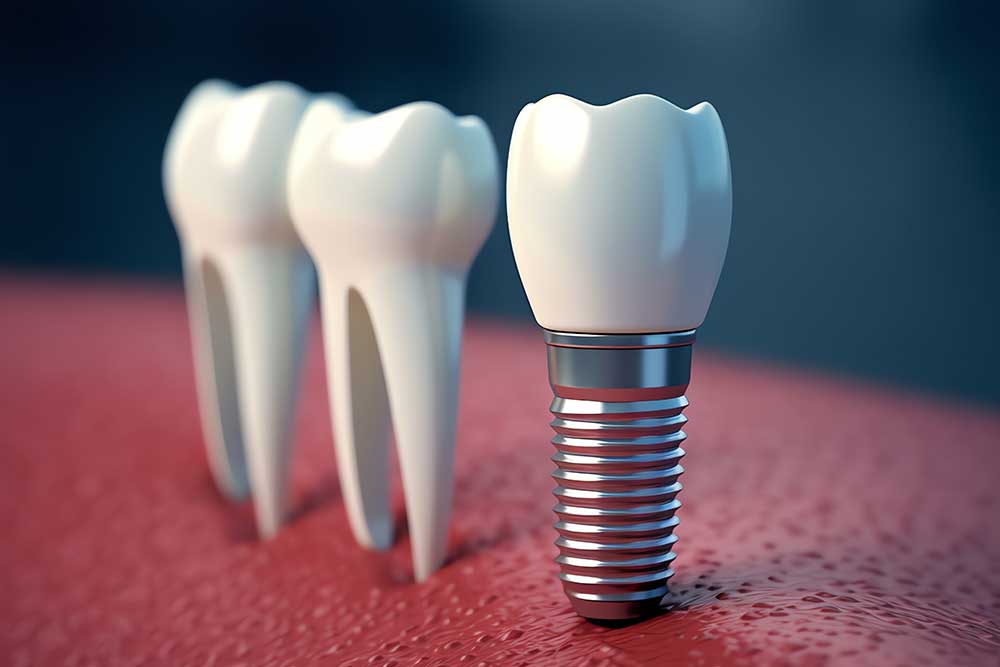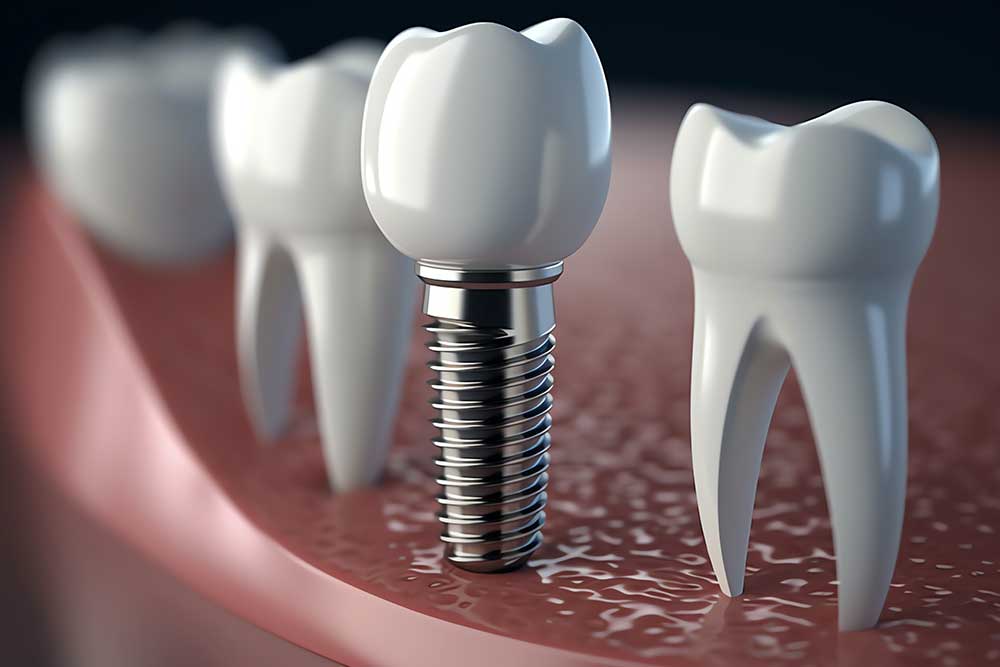Table of Contents
ToggleAre you too old to get dental implants? Short answer: age on its own rarely rules you out. The evidence shows high implant survival in older adults, including those in their late seventies and beyond. A 2025 systematic review reported five-year survival of about 96.8% in patients over 75, which was at least as good as outcomes in the 65–75 group. Earlier research on early implant losses also found that adults 65+ had rates comparable to younger cohorts, with only a slight uptick past 80.
What actually matters more than age
Your overall health, medicines, gum condition, bone volume and daily habits guide suitability far more than your birth date. Clinicians will check bone availability with imaging, review medical history and medicines, and confirm gum health before recommending treatment. Smoking, advanced gum disease and some systemic conditions can complicate healing, which is why a thorough pre-treatment assessment is standard.
Also Read: Are You a Candidate for Dental Implants? Key Factors to Consider Before Surgery

Diabetes and healing
Good glycaemic control is key. A recent systematic review found that when HbA1c stays below about 8%, implant survival for people with diabetes is broadly comparable to non-diabetic populations at one and five years. Poorly controlled diabetes increases the risk of peri-implant inflammation and bone loss, so your dentist and GP should coordinate care around placement and aftercare.
Medicines that deserve a conversation
If you have osteoporosis or cancer-related bone disease and receive antiresorptive, timing and risk management matter. Experts explain that medication-related osteonecrosis of the jaw (MRONJ) is uncommon in osteoporosis dosing, with risk influenced by duration of therapy; risk is far higher with oncology regimens.
Practical advice includes planning invasive dental procedures just before the next six-monthly denosumab dose, and individualising any pause in therapy with the prescriber.
An Australian Prescriber update cites an estimated MRONJ risk around 0.3% with denosumab and outlines steps to lower that risk. Discuss your full medicine list, including past IV bisphosphonates, before committing to treatment.
What the dental implants journey involves
A modern implant replaces the missing tooth root with a titanium post that fuses with your jawbone. The dental implants procedure usually unfolds over several months: assessment and scans, surgical placement under local anaesthetic, a healing period where bone grows around the post, then attachment of an abutment and a custom crown, bridge or denture. Healthdirect notes that osseointegration typically takes about three months, though complex cases can run longer.

Are treatment plans different for seniors?
Plans are tailored to your health and goals at any age. For some fully edentulous patients, a small number of implants can anchor a full-arch bridge or an implant-retained denture, improving chewing stability and confidence.
Your clinician will weigh bone quality, dexterity for hygiene, and appointment fatigue when choosing between fixed and removable options. Evidence suggests stable peri-implant bone levels are achievable in older adults when hygiene support and recall are well organised.
Safety, comfort and recovery
Older patients often ask about discomfort and downtime. Healthdirect notes that bruising, swelling and temporary soreness are common after placement, with advice on soft foods and short-term modifications to brushing while tissues heal. Regular reviews help your team monitor the site, adjust cleaning techniques and catch inflammation early.
How to decide with confidence
Use this checklist during your consultation:
- Share a complete medical and medicine history, including bone-active drugs and blood thinners. Your dentist may coordinate timing with your GP or specialist to reduce procedure risk.
- If you live with diabetes, request a plan that includes pre-placement HbA1c review and clear maintenance steps.
- Ask whether you need bone grafting or sinus augmentation and what that means for timelines and costs.
- Clarify your cleaning routine and recall schedule so daily care remains realistic.
- Get a written treatment plan with item numbers, then check your health fund’s Major Dental limits and waiting periods.
The bottom line for Australians considering implants
Ageing changes how we plan dentistry, but it does not automatically rule out dental implants in Australia. The literature supports strong survival in older adults when health conditions are managed, medicines are considered, and hygiene support is solid. If you are weighing options, start with an assessment from an experienced implant clinician, compare a couple of quotes, and choose the mix of function, maintenance and value that suits you.


